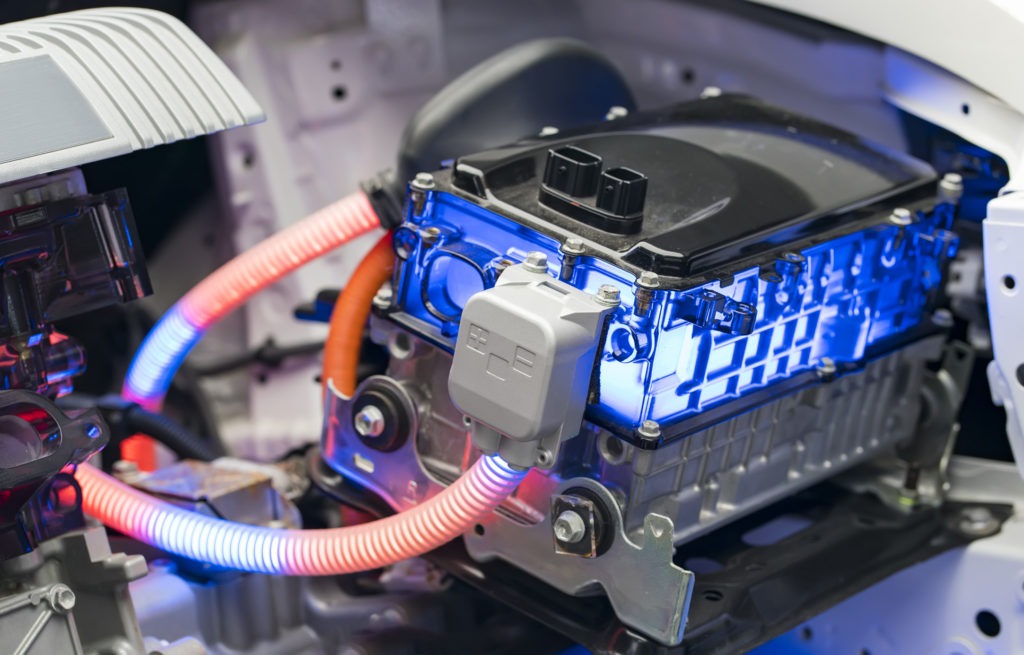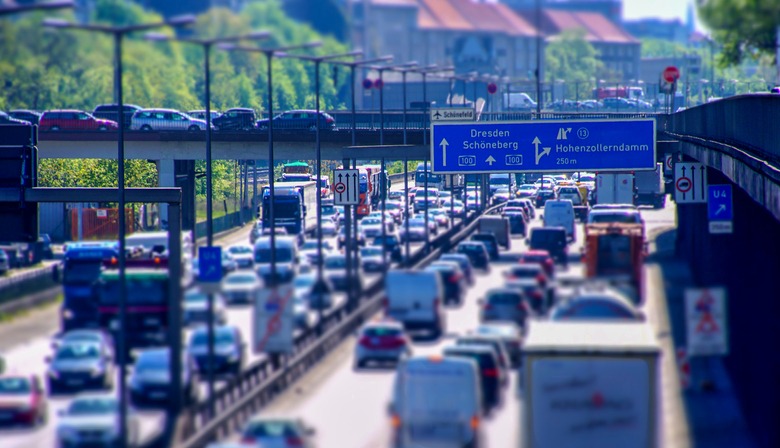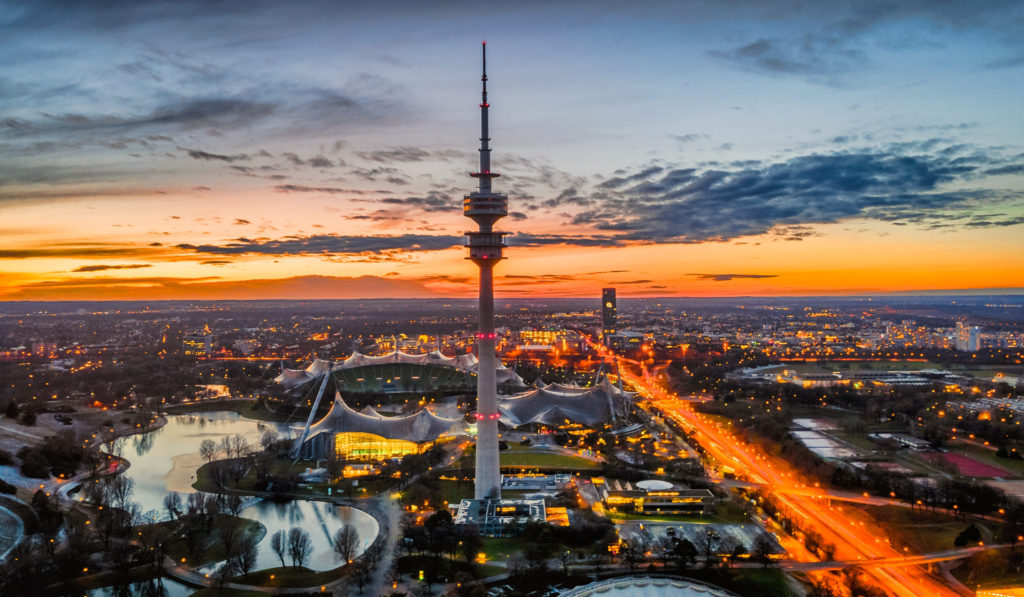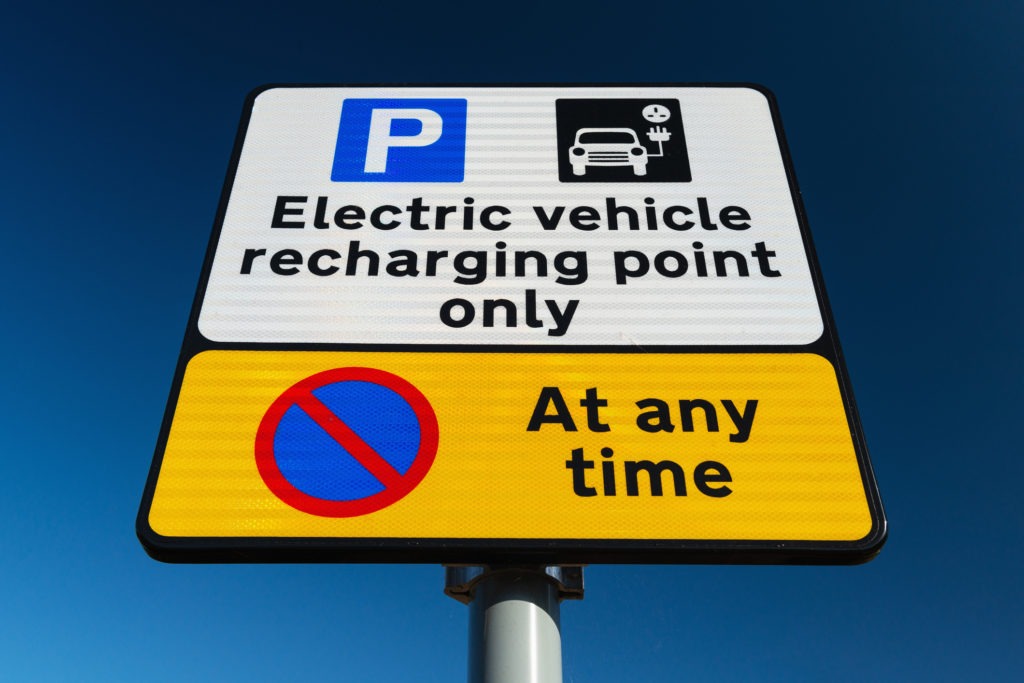BMW expands car production in China
21 April 2022
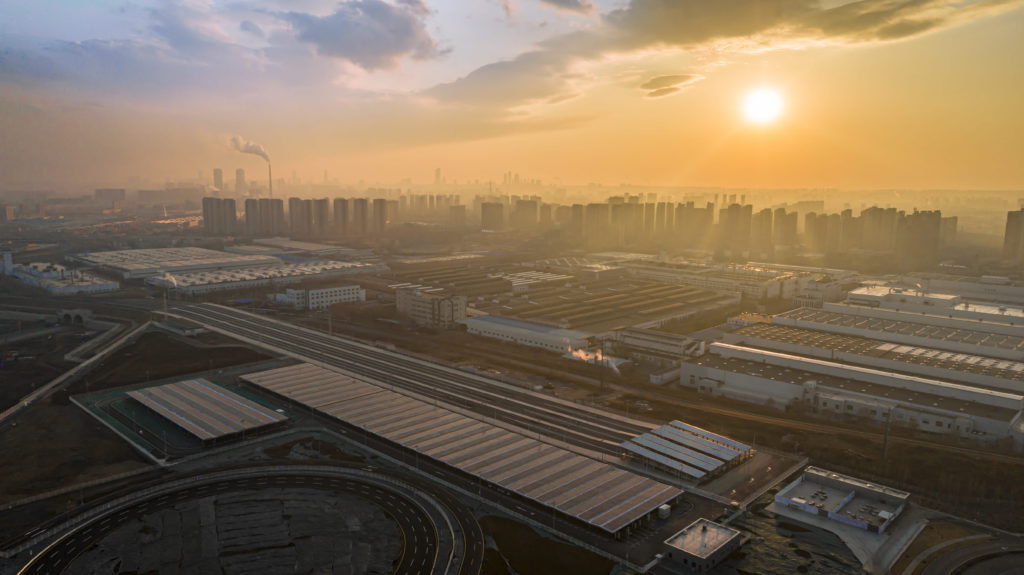
China is one of BMW’s key automotive markets, with the carmaker recently launching local car production of the X5 in the country. The company operates a plant in Dadong that has been expanded and now facilitates the roll-out of the X5 with an extended wheelbase – an exclusive for the Chinese market.
The X5 was first launched in 2000 and became an instant hit – the car is currently the number one in its segment globally. The model has only been manufactured at BMW’s Spartanburg plant in the US, but the carmaker was eager to change this by extending its Chinese site to increase car-production capacity globally. With construction now completed, BMW follows bold expansion and electrification plans as the company will ramp up production of additional electric-car models in China.
‘Despite the challenges of the last three years, this complex construction project was completed fully on schedule,’ said Milan Nedeljković, BMW board member for production. ‘Our Chinese production sites are highly significant for the BMW Group. Last year, almost one in every three BMW Group vehicles delivered around the world was manufactured in Shenyang.’
High-volume car production
The car manufacturing plant in Dadong – part of the city of Shenyang – was BMW’s first vehicle production site in China, with the carmaker calling it a pioneer of future car production. It is among China’s most advanced production sites, and BMW’s strategic extension there is aimed at increasing sustainability, productivity, and digitalisation.
Dadong is known for producing the 5 Series and the X3 for the Chinese market. It is also BMW’s only site to manufacture the all-electric iX3 for global markets, with the company stating that Shenyang is its highest-volume manufacturing location. In the summer, BMW will open a new plant in China, dubbed Lydia, to produce a new BMW i3 battery-electric vehicle (BEV) made specifically for the local market.
Dadong itself is owned by BBA, the joint venture between BMW and Brilliance Group, which in the past 12 years has invested a total of 83 billion RMB (€12 billion) into plants, facilities, projects, as well as research and development (R&D) activities in Shenyang. Upgrading the site has allowed BMW to operate assembly building with two independent production lines.
Sustainability and digitalisation
The site features a press shop, a bodyshop, and paintshop, with the carmaker also focusing on sustainability. BMW said that 80% of cars in Shenyang are transported by rail, with Dadong hosting BMW’s biggest railway station as part of its plant structures.
The press shop separates scrap aluminium and steel, a key circular economy strategy for BMW to lower carbon emissions at its manufacturing sites. Meanwhile, the paintshop runs on zero freshwater consumption. Renewable energy also plays a role, especially solar power, as panels in Dadong are expected to produce more than 21MWh of energy.
With car manufacturing sites becoming smarter, digitalisation is key. Dadong’s digital projects focus on planning, production, and logistics. BMW is also betting on data science, artificial intelligence, and virtual planning to make automotive production faster and more transparent. Processes and data are monitored in real-time throughout the car production process, which allows for the swift detection of potential problems.
‘In China, we are determined to lead from the forefront: green, lean, digital,’ said Franz Decker, president and CEO of BMW Brilliance. ‘Driven by technology and innovation, we create more value for our customers. We are building up one of China’s most advanced and intelligent production sites here in Shenyang.’
